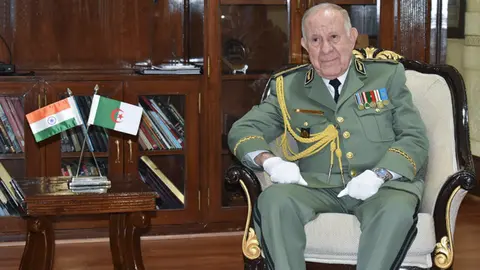Bayraktar drones reveal the weak position of Algerian intelligence in the Sahel
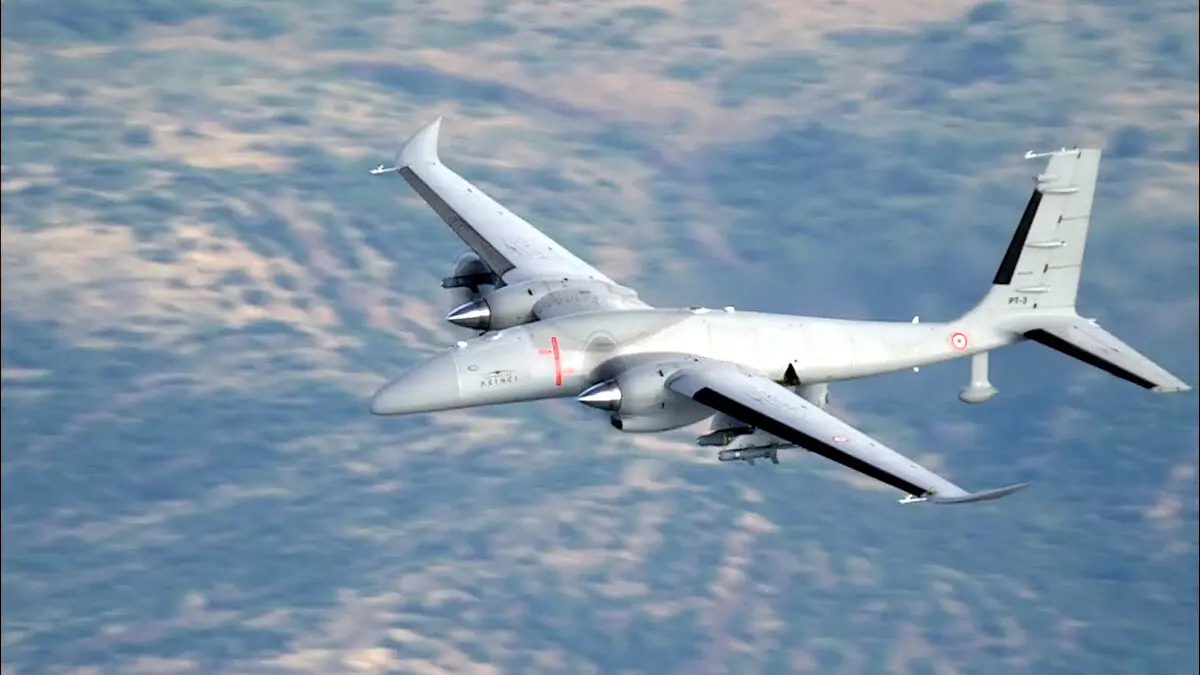
The recent incident on the border between Algeria and Mali has highlighted the shortcomings of Algerian intelligence, following the violation of airspace across the southern border with Mali by a Turkish Bayraktar drone, despite the fact that it was eventually shot down by the Algerian security forces.
The Turkish-made drone has led to suspicions that Turkey, in alliance with Mali, is responsible for the incident. This has been considered by the Algerian Ministry of Defence as an attack on the sovereignty and stability of the Sahel.
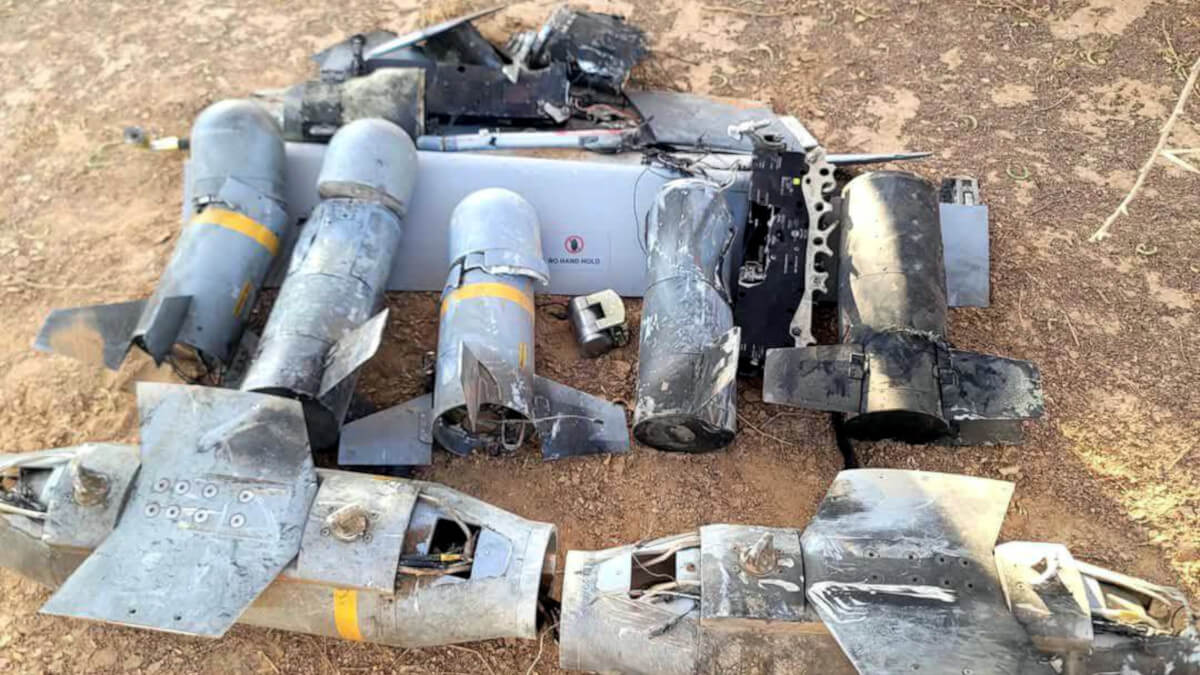
However, the versions of events are contradictory, since Algerian military intelligence has not released any details about what happened. So far, it is only known that the model corresponds to the Turkish Bayraktar drones, due to images of the wreckage found near Tinzaouatene, it penetrated more than 2 kilometres into Algerian territory.
Although the Algerian Army claims responsibility for shooting down the drone, the Malian Armed Forces claim that the unmanned aircraft crashed during a routine surveillance mission; and the Azawad Liberation Front (FLN) forces have also claimed responsibility for shooting down the drone because they considered it a ‘terrorist device’, a common occurrence with which the FLN is accustomed to dealing.
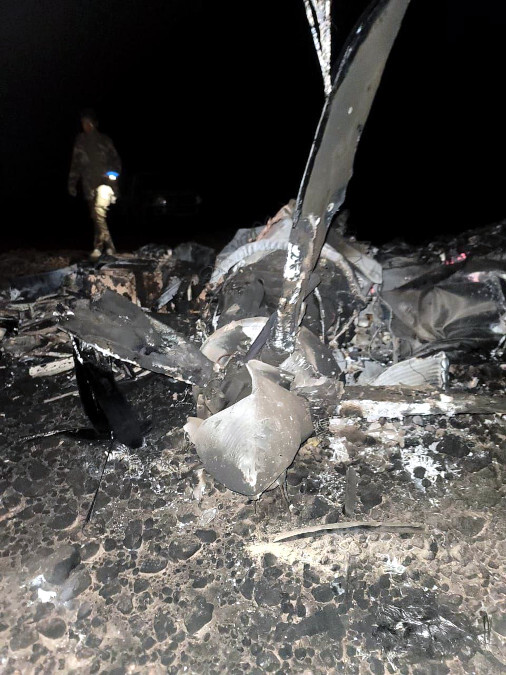
For the Spanish journalist, Ignacio Cembrero, the Russian Afrika Corps was responsible for the attack, the first of its kind from Malian territory to Algeria.
‘In the context of efforts to protect our national borders, an Air Defence unit of the Sixth Military Region, on the night of 1 April 2025, around midnight, was able to detect and shoot down an armed reconnaissance drone near the border town of Tinzaouatene, after it had entered the airspace for a distance of 2 kilometres,’ said the Algerian Ministry of Defence.
These three versions of what happened highlight the high level of instability in the area, with increasing geopolitical pressure and tension due to the presence of more and more important players on the international scene.
In recent years, Mali's relations with Russia and Turkey have increased, especially in the military sphere. On the part of Turkey through the sale and concession of Bayraktar drones, and on the part of Russia with the sale of all kinds of armaments, to such an extent that Mali's military arsenal is 70% of Russian origin.
But Russian influence in Mali has been emphasised by the entry of hundreds of members of the Afrika Corps, the former Wagner Group, which for more than five years has supported the Malian military government in the guerrilla warfare it has waged over the last five years against rebel groups, terrorist organisations and separatists.
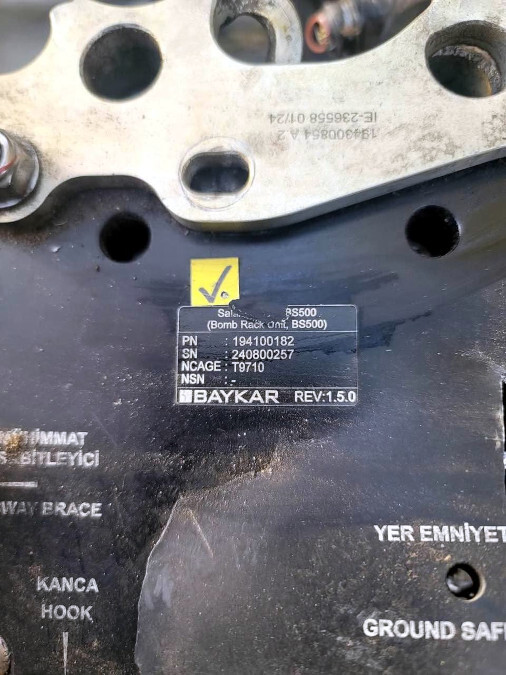
This constant growth in the support received by the Sahel countries from powers seeking to destabilise the region in order to obtain, in the case of Algeria, its collaboration, access to the Mediterranean and energy resources, are generating feelings of fear in Algerian intelligence, since the Sahel region, with which Algiers shares a border to the south, is where 30% of all terrorist attacks have taken place since 2020.
Algeria is the largest country in Africa and one of the ten largest countries in the world, so the defence of its entire territory has historically been a difficult task for the Algerian army, partly due to the harsh climatic conditions, as more than 70% of the country is in the Sahara Desert, the largest in the world.
On the other hand, what consequences this incident may have. According to the Algerian Ministry of Defence itself, Algiers is considering officially denouncing the presence of Turkish weaponry and Russian mercenaries from Mali within Algerian territory. However, if this is the case, the first consequence would be the weakening of diplomatic relations between Algiers and Bamako. .
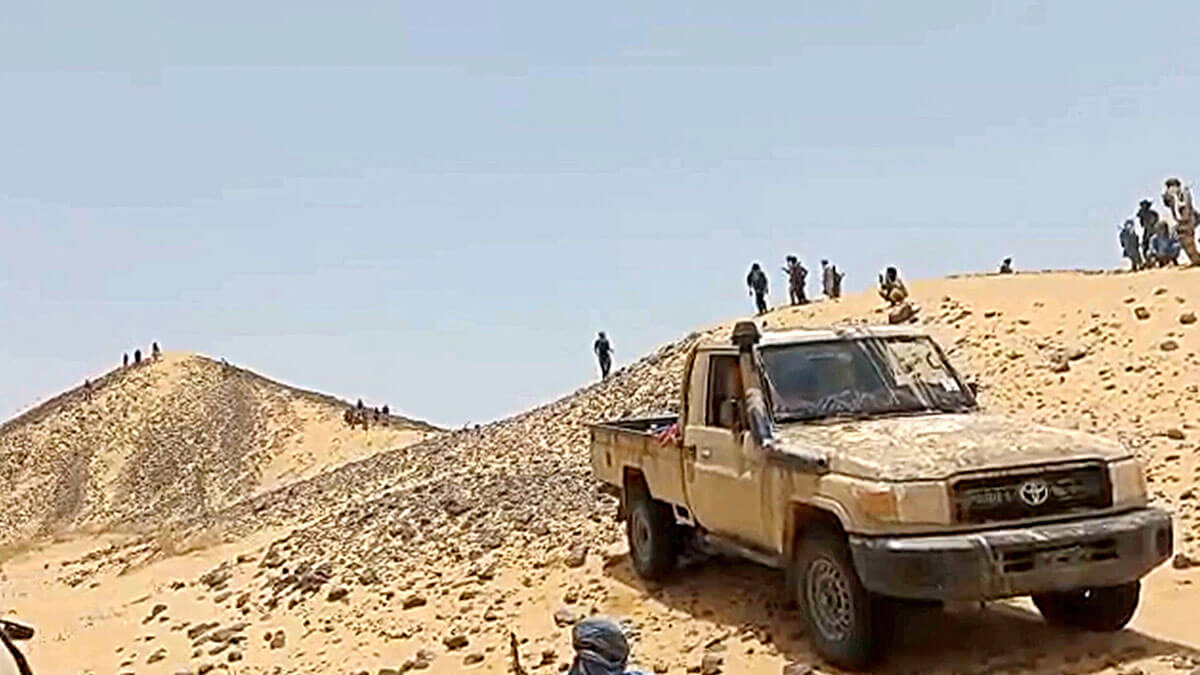
But not only that, for Algeria increasing friction with the Malian Executive could mean that Mali's internal conflicts with the Tuareg separatists in the north spread to Algerian territory, jeopardising what little stability remains in the region.
Until the event is clarified, this incident leaves Algeria with its back to the wall, since it needs to maintain the country's sovereignty, but at the same time maintain good relations, especially with Russia, with whom it has maintained alliances since the Soviet era.


